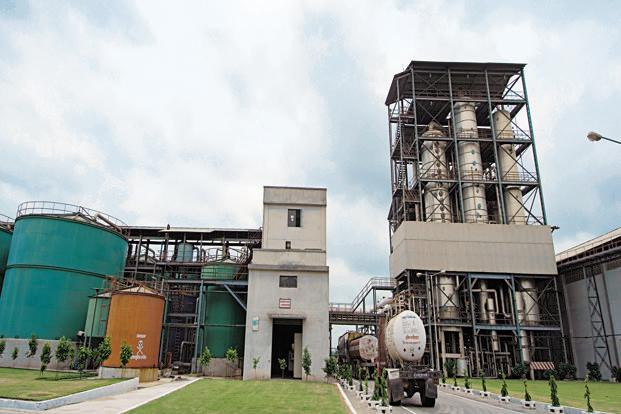
By Phephile Motau
Poor cane crop production and political unrest have decreased the Royal Eswatini Sugar (RES) Corporation’s ethanol profits by 36 per cent.
This was disclosed by the organisation in its 2022 Annual Report. . The corporation said the margin recorded was E64.2 million and E36.8 million (36 per cent) lower than the record of 2020/21.
The 2021 margin was E101 million. The company said this decline occurred amid various challenges in the period which included poor cane crop production and consequently lower molasses feedstock, unprecedented political unrest; road blockages; equipment shortages and poor FOREX performance.
RES provides beverage-grade ethanol for use in alcoholic beverages as well as pharmaceuticals and water treatment products. The annual report states that the volatile and price-sensitive environment deeply affected the ethanol business. Overall volume sales were down by 4.6 million litres (15 per cent), although closing stocks were strategically higher by 1.4 million litres to satisfy customer requirements during the off-production period.
The company reported that the total revenue achieved was E340.8 million which was 16 per cent lower than the record achievement for 2020/21.
“The average ex-mill net price achieved was three per cent lower than the previous year, reflecting the effect of a stronger Lilangeni and weaker ethanol prices,” the report states.
The company said the Southern African Customs Union (SACU) market performed well because it was not affected by the forex movements. Mozambique also performed well on the back of its proximity logistics, thus more efficient. RES said sales to Taiwan continued to grow.
The company revealed that it had continued to make inroads into Taiwan and had steadily grown the recognition of RES ethanol in this market over the last few years.
It was disclosed that the EAC market showed no activity as it was still oversupplied with relatively cheaper products from Asia and from within the EAC region.
RES said on the regulatory front, Eswatini Revenue Services (ERS) have finally implemented their Trader Scheme of Control (TSOC) which seeks to modernise and adapt to the best international practice.
“The TSOC package includes amongst other things, the new licensing requirements, and new operating conditions for Excise Operators. These changes will come into effect from April 1, 2022,” RES said.
It was stated that rum performance strengthened to 24 per cent on dispatched volumes though coming below budgeted volume sales by 347 000 litres.
The continued challenges with the availability of rail resulted in more road haulage of products than intended. RES said the movement of the product was initially slowed down by Covid-19 restrictions and even when the restrictions were relaxed, product movement was inhibited by congestion at the ports, with vessel rollovers and missing stacks exacerbating an already difficult situation.
“As a result RES incurred demurrage. Port systems also malfunctioned due to systems hacking. Furthermore, logistics costs escalated due to soaring fuel prices. However, thanks to the close monitoring of distribution costs across all channels, we realised a savings of 15 per cent (E6.1 million) to improve our bottom line,” the report states.
The company said the objective continued to be to reduce the unit cost of production by 20 per cent to ensure the survival and sustainability of the business.
On another note, the company management has observed that the modification of the RES Corporation distillery to a multi-pressure vacuum distillation plant is expected to increase capacity from 40kl to 65kl per day and increase ethanol production.
The company said the upgrade of Distillation Plant 1 (D1), in line with RES’s strategy of cost reduction and adding value, was approved under the March 2021 business plan and is currently being executed.
It was reported that the D1 upgrade was expected to be commissioned in August 2022. The modified plant will be able to produce anhydrous (fuel grade) alcohol of 55kl per day as well as perfumery grade alcohol.
The report states that the main advantages of upgrading D1 are that it will consume less steam. The alcohol recovery from modified D1 will also improve enabling us to produce more ethanol from the same volume of molasses.
“In addition, the quality of extra neutral alcohol plant will produce a higher quality,” the company said.




